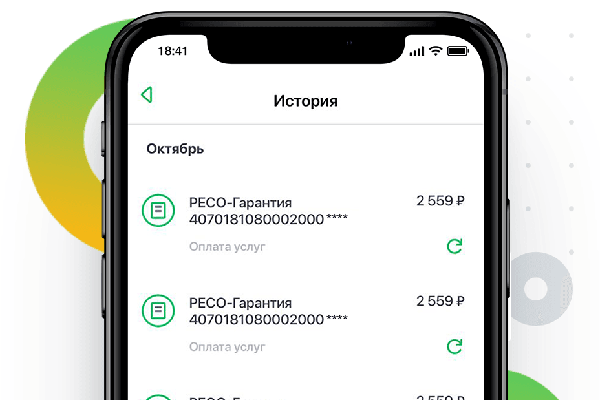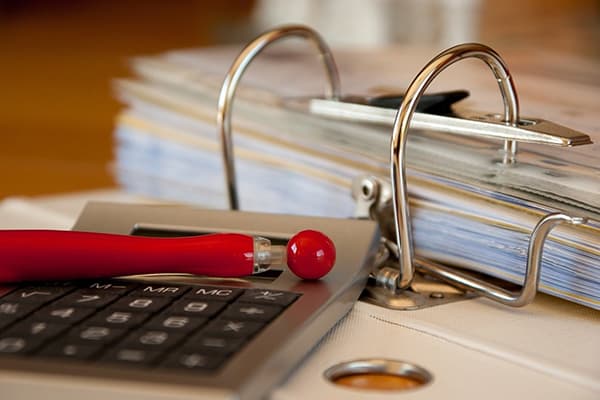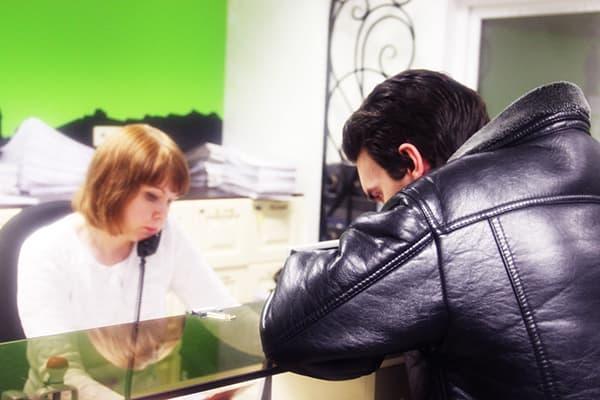Do I need to keep receipts for utility bills if you pay online :?
Content:
Payment system operators have estimated that 90% of Russians prefer to pay rent through terminals and Internet banking rather than queuing for the coveted box at the box office. However, despite the high popularity of such services, people are often not sure whether to keep receipts for utility bills if the payment is made online. Let’s try to understand this issue from both a legal and a practical point of view.
Why keep receipts with online payment?
First of all, it should be noted that the legislation of the Russian Federation does not impose on the payer any obligation to store receipts. A person is free to choose - he wants to lay out in stacks every month and carefully file a bunch of papers, or he prefers to throw them in the trash immediately after payment. The absence of receipts in itself cannot be a reason for administrative or criminal liability, so do not worry that if receipts are lost or stolen, this will entail some kind of punishment.
Legal subtleties
At the same time, receipts and checks are proof that the consumer has fulfilled his obligations under the contract for the provision of services, that is, timely and fully paid for the goods he used (natural gas, electricity, water, etc.). These documents may be needed if:
- disagreement arose between the consumer and the second party as to whether payment was made or not;
- as a result of the recalculation, the consumer was accrued debt for past periods;
- the consumer intends to go to court, despite the fact that the second party refuses to fulfill its part of the obligations (untimely or does not fully provide services).
The presence of receipts is not the only possible way to prove their case, however, payment documents become a weighty argument in most disputes. In their absence, the proceedings may drag on for a long time.
By the way, most organizations print on their receipts the warning phrase "Keep for three years." Three years is the deadline for which debt for utility bills can be charged and collected through a court, so receipts along with checks will help prove your innocence if the debt arose as a result of an error.
Tips for keeping receipts
Receipts - both those that are regularly thrown into the mailbox, and those that have been independently printed in your account on the service provider's website - are stored well for a long time. But with the checks there is a problem - due to the nature of printing, the ink completely fades in a year, or even faster. You can’t deal with this, but you can modify the methods for storing payment documents:
- Immediately after payment, scan or photograph the check together with the receipt and put it in a virtual folder. It is advisable to have two or three copies of the archive with payments, which are stored in different places (for example, on a computer, in the cloud and on a USB flash drive). It is also worth downloading and storing checks from a mobile bank - although they do not fade, there is always a risk that the data on the server will be lost or damaged.
- Keep a journal and write out data from each check in it - the date and time of payment, terminal number and address, amount, recipient details, transaction number.Such records will not be proof of payment, but will facilitate the receipt of a copy of the check at the bank, if necessary.
What to do if receipts are lost?
It is infrequent, but it still happens that receipts and checks are needed, but it is not possible to find them. In this case, you should try to restore the payment documents.
And here there is one caveat - only the organization that is the service provider can give a copy of the receipt. That is, if Gorvodokanal claims that the subscriber has a debt of 500 rubles for May last year, and the subscriber cannot provide a receipt that he paid exactly what he was charged, it will be very difficult to achieve justice.
As for the copy of the check, in most cases it can be obtained at the bank (regardless of where the payment was made - in the terminal or through Internet services). And there are several ways to do this:
- Search operations archive - suitable for those cases when the calculation took place by credit card. To print the check, just go to your Personal Account in the Internet banking system and find the necessary operation in the archive. If the terminal provides for the possibility of creating a personal account, most likely there is also a similar archive.
- Address to the recipient - in some cases, you can contact the organization to which the payment was intended and ask the accountant to look for it (it is not uncommon for payments to be lost due to the fault of the recipient who simply “did not see” the receipt of money in the account).
- Getting a backup check - if it is possible to name the operator in the bank such data as the amount and purpose of the payment, the terminal number in which it was made, the date and time of the operation, the number of the bank card (when paying in cash, it is not necessary), your full name and. passport number, then the check will be found in the registries and you can print a copy of it.
- Bank payment search - applied in cases where the payment cannot be found either by the bank operator or the recipient. The client has to write a statement and wait long enough for the financial institution to conduct an investigation.
From the foregoing, it can be concluded that receipts and checks are not required to be stored, but this is still worth doing, and it does not matter if you pay online or at the box office. In a situation where the money has not reached the recipient or the utility provider unreasonably exposes the debt, payment documents will help to quickly and without hassle resolve all misunderstandings.



